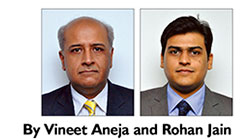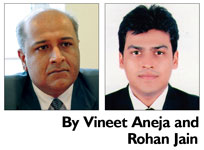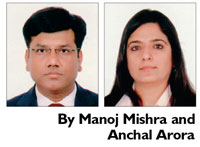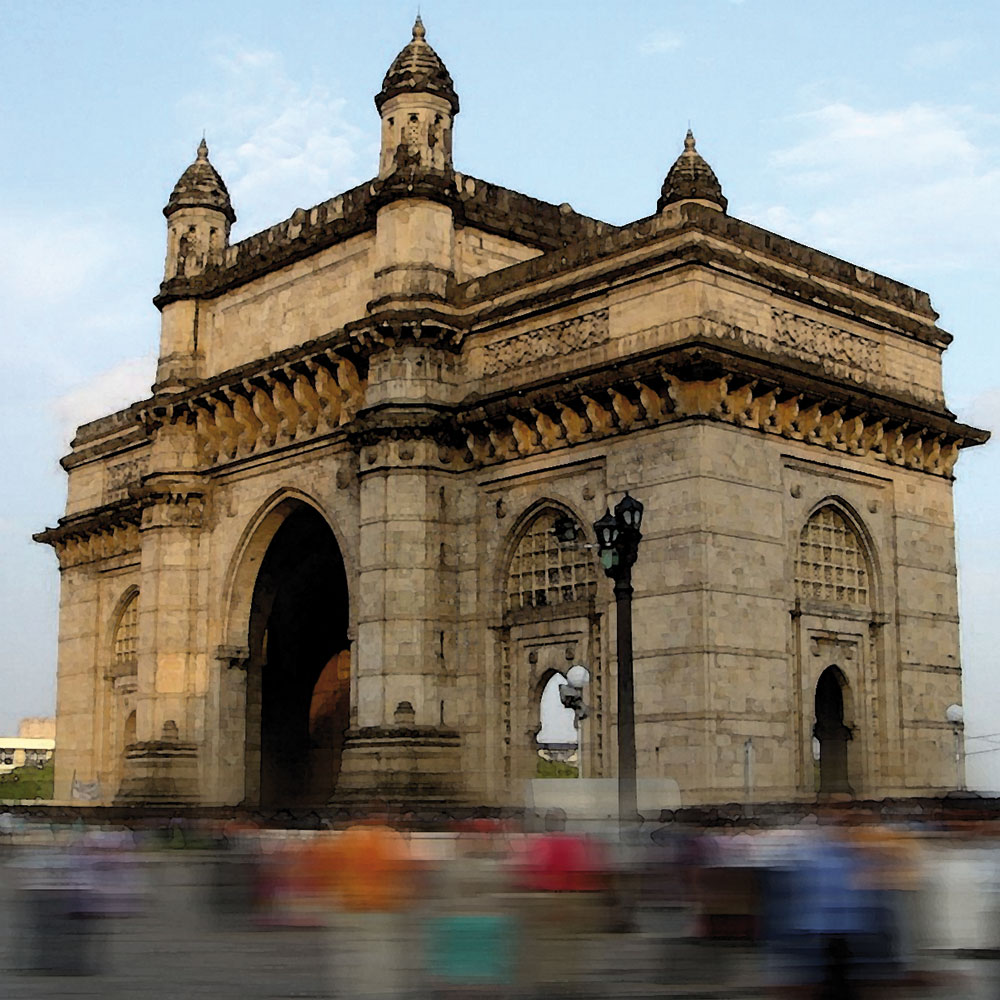 South Asian markets are one of the fastest growing markets for vehicle manufacturers worldwide. However, doing business in South Asia has its own challenges. The anti-monopoly watchdog of India i.e. the Competition Commission of India (CCI) in its recent judgment dated August 25th, 20141, penalised fourteen vehicle manufacturing companies in India with a fine of over INR 2,500 crore (about US$400 million) for violating trade norms by “monopolistic control over spare parts and diagnostic tools”, after finding them guilty of indulging in anti-competitive practices and abusing their dominant position in the Indian automobile market contravening the provisions of Competition Act, 2002(the Act). The CCI was initially approached to probe into the possible anti-competitive practices (such as restricting the availability of genuine spare parts and technical know-how i.e. diagnostic tools, softwares required to service and repair automobiles) of three companies, namely, Honda Siel Cars India, Volkswagen India and Fiat India. On the request of Director General (DG), the CCI directed it to include fourteen other vehicle manufacturers also in the scope of its investigation. Pursuant to a detailed investigation by DG, the CCI has ruled that fourteen companies, including the largest vehicle manufacturers in the Indian automobile sector such as Tata Motors, Maruti Suzuki and other luxury vehicle manufacturers such BMW and Mercedes Benz, were found to be guilty of violating trade norms, Tata Motors and Maruti Suzuki have been penalised with the maximum penalty of INR 1346 crores (about US$220 million) and 471 crores (about US$77 million) respectively. The investigation by DG revealed that Original Equipment Manufacturers (OEMs) in India violated competition norms with respect to its agreements with local Original Equipment Suppliers (OESs) and authorised dealers. Through these agreements, vehicle manufacturers imposed absolute restrictive covenants, thereby, resulting in complete foreclosure of the after-market for supply of spare parts and other diagnostic tools. Agreements between OEMs and OESs contained clauses requiring authorized dealers to source spare parts only from OEMs or their approved vendors, creating exclusive supply and distribution agreements. This practice of OEMs was resulting in creation of entry barriers and denial of market access to independent vehicle repairers, disabling them from providing services in the aftermarket for repair and maintenance of vehicles. The CCI in its judgment, interalia, directed vehicle manufacturing companies, the following: Similar Penalties in China: Foreign vehicle companies in China have been under the scrutiny since the beginning of this year, for possible anti-competitive practices such as fixing the retail prices charged by their downstream dealers and service providers, which are likely to contravene China’s Anti-Monopoly Law. The regulatory authority in China, National Development and Reform Commission is known to be probing more than 1,000 domestic and foreign firms in the auto sector over monopolistic practices and on September 11th, 2014 has announced that it will fine Audi US$40.5 million and Chrysler US$5.2 million for indulging in anti-competitive practices. Anticipating similar penalties against them, companies such as Toyota have declared that they would reduce the prices for the luxury Lexus car models in China. Conclusion: Considering the quantum of penalty, it seems like majority of the aggrieved vehicle manufacturers would be appealing to the Competition Appellate Tribunal under Section 53B of the Act to seek a stay immediately on the judgment dated August 25th, 2014. As the Competition Appellate Tribunal did not have a Chairman at the time, Maruti Suzuki, approached the Delhi High Court and has succeeded in seeking a stay against the order of CCI. It is to be seen how the Appellate Tribunal would now deal with the order of CCI. Endnote |
Clasis Law
14th Floor, Dr Gopal Das Bhawan, 28, Barakhamba Road
New Delhi 110 001, India
Tel: (91) 11 4213 0000 Fax: (91) 11 4213 0099
Email: sumeet.lall@clasislaw.com
mithu.jain@clasislaw.com
Website: www.clasislaw.com






























